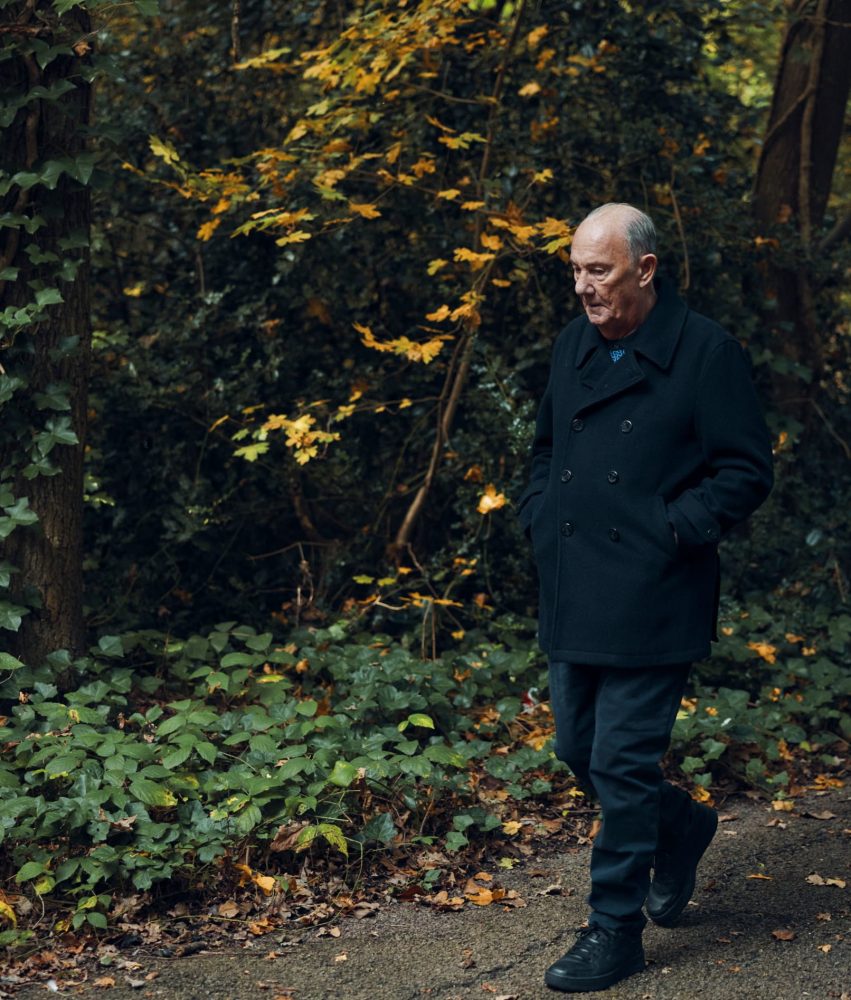Why smoking makes COPD worse
Most people with COPD develop the condition after long-term exposure to harmful substances – and for many, the main cause is smoking. Cigarettes contain chemicals that not only damage your lungs, but also enter your bloodstream and affect your whole body.1–3
The damage may have started in the past, but you can still make a difference now by stopping smoking today.1–3
The benefits of quitting smoking
Stopping smoking doesn’t just help your lungs – it can improve your life in many ways. Benefits can include:1–4
